
In Exile
Thousands of New Zealanders can’t get back into the country because there aren’t enough places in quarantine. Some of their tales are harrowing.
The team of five million — that was the slogan that guided New Zealand through the pandemic. But what about the one million New Zealanders who live overseas? A recent survey by Kea, a business association for Kiwis living abroad, suggests that one in every three New Zealand expats wants to return home. Others have family or business ties here and want to visit frequently. But for the past couple of months, places in managed isolation facilities have been near-impossible to get. Many New Zealanders outside the country are increasingly frustrated and feel that the MIQ-system is deeply unfair. We talked to nine of them.
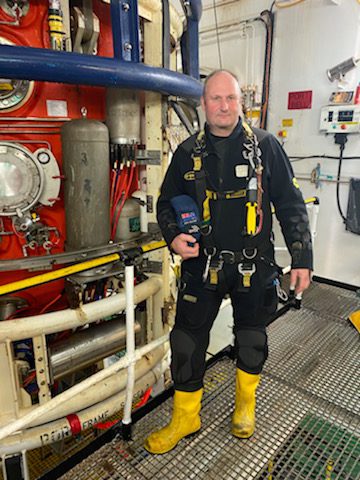
Craig Chapman. Photo supplied.
Craig Chapman, 51, saturation diver, Aberdeen, Scotland
I am a saturation diver. I go down to work in a bell every day, up to 300 metres under the surface, but usually around 120–150 metres, breathing a helium/oxygen mix. Human beings can’t breathe normal air at these depths. If I came up again too quickly afterwards I’d die. We decompress once at the end of the job, so it takes anything up to seven days before I can breathe fresh air again. So I guess you could say that I am pretty used to travelling to places that are difficult to reach and hard to come back from.
But right now I am facing probably the hardest journey of my life. I want to return to New Zealand and I can’t. There aren’t any places in MIQ. And when I applied to MBIE for a special allocation, I was told I didn’t fit the categories. And so I will be stuck in Aberdeen, Scotland where I have no family or place to go.
I was born in Blenheim and that is where I still live, together with my wife. My job requires me to be away from home a lot. Normally I’m six weeks on the job and then six weeks off. The companies I work for book the flights for me. After Covid hit I had to go into managed isolation whenever I returned to New Zealand. I did that four times. I didn’t mind. I only wanted to be home.
I have a daughter and a son. I already missed his 21st birthday and her school leavers’ ball, due to the last MIQ stay. I’ve missed a lot of things that most take for granted. And now I don’t even know when I will see them again. MIQ refuses to give me an allocation in any of their facilities.
The whole thing makes no sense. I work with a dive team of two other people. We are fully vaccinated. We get tested all the time because we need good lungs. We undergo four days of quarantine before we go onto a vessel. And then we live in a pressurised chamber for up to 28 days. Only someone on the moon would be more isolated than I am. I still would be happy to spend 14 days in managed isolation, though. If only they let me back in.
I’m off on 7 August and I’m due to come back to work on 20 October. I guess I will have to find accommodation in Scotland until then, and that’s going to cost me the money that I earned.
My family have been doing the MIQ search for me because I am underwater most of the time and my internet out here is very poor. My wife does it during the day, then my daughter takes over when she comes home from school in the afternoon and then at night when my son comes home, he will do it. And when I have my moments between my shifts, when my wife and kids are asleep, I go on the site to look for spots. But between the four of us, we’ve only seen three free dates, and when we tried to get them, they were already gone.
This job is my livelihood. I’ve done it for 25 years. Just imagine you were told: you can’t go home tonight when you’ve done your job, you’re not allowed.
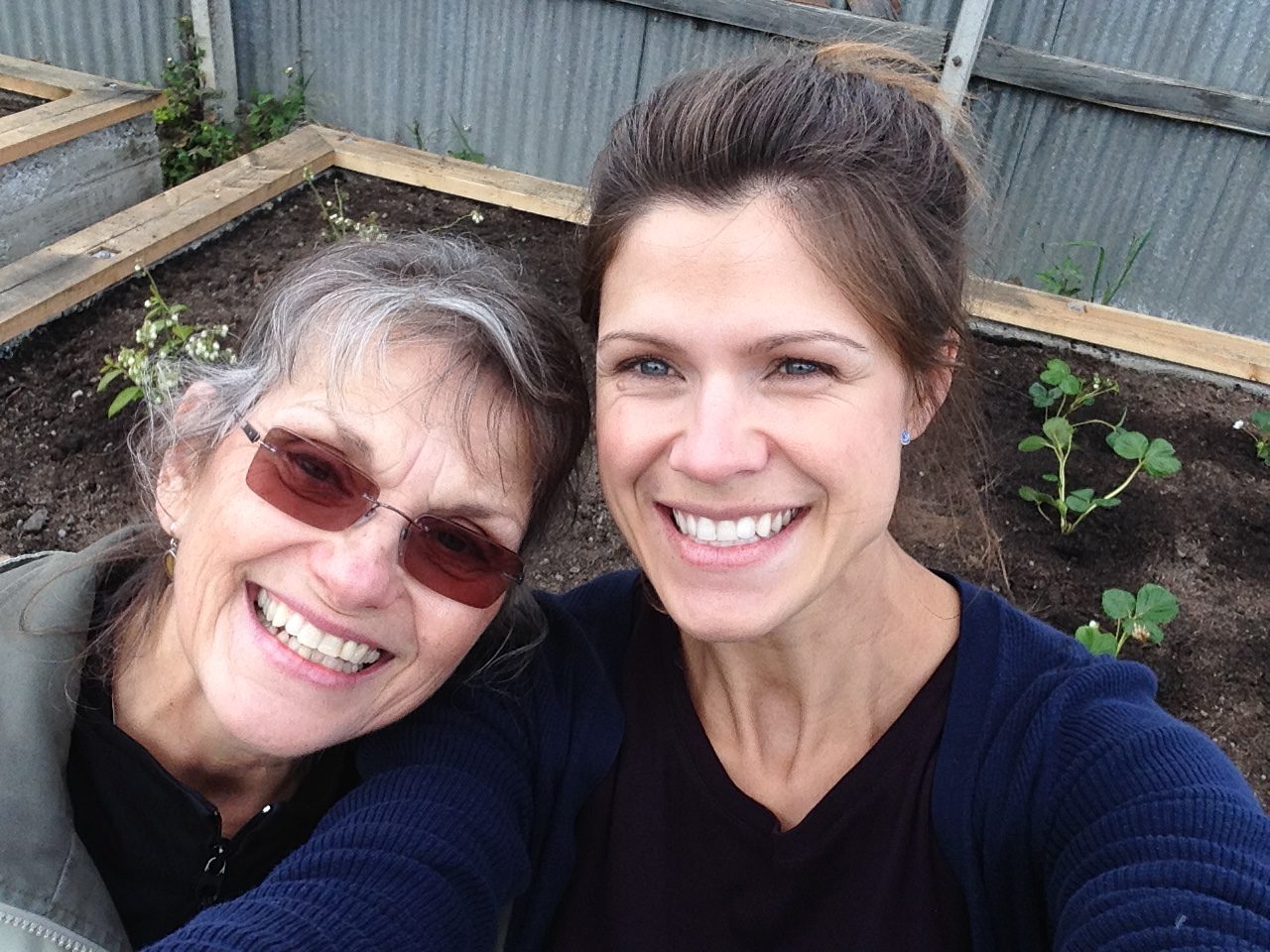
Amy and her mother. Photo supplied.
Amy Stuart, 36, physiotherapist, Christchurch
If it weren’t for MIQ I would be on a plane right now. I am American, I fell in love with a Kiwi and moved with him to Christchurch eight years ago. We have two kids, aged four and five but the rest of my family is still in the United States. My mum has six children and 18 grandchildren. She has always been there for us, and now she needs me.
Last year mum was diagnosed with cancer. She has gone through surgery and chemo and right now the doctors are not sure where she is headed. One oncologist is saying it is looking hopeful, the other is saying it’s not. Obviously I am erring on the side of caution.
If it was only about me, I would just go and stay with her for as long as it takes. But I also have my own kids to think of. If I went without a MIQ spot, I would not know when I would be able to return. I might not see my kids for several months. So now I am considering taking them along. They are American citizens so there’s no time limit for them. But then my husband might not see them for a long time. We are facing a real dilemma here.
They just replied:
“Keep refreshing, keep refreshing.”
I fully support the way New Zealand has handled the pandemic so far. I also recognise there is far more demand for MIQ spots than expected. But I feel like it is the politicians’ job to respond to this demand and think creatively about how to do this better. I emailed some local MPs but really didn’t feel heard. They just replied: “Keep refreshing, keep refreshing.”
I am surprised by the number of people who say it is fine to not see sick relatives or miss funerals because “this is what you have to do in a pandemic”. Well, that doesn’t really sit with me. My mum is a family person and so am I. She came here three years ago, we went to see her two years ago, both my parents celebrated their 50th wedding anniversary here, and she came here for the birth of my kids. I need to be there for her now. It would impact me forever if I didn’t go.
Alan Rowlands, 62, property manager, Dubai
These days, I spend most of my waking hours on the MIQ website. As soon as I get up I start checking for dates. I am online all the time, I go and refresh the page whenever I walk past my computer, and if not at my computer I am constantly checking and refreshing on my phone. But all I see is a light grey that goes on for months. There are no spaces available. And that means I am in serious trouble. I live in Dubai and in a few weeks’ time I will be here illegally.
I came here in 2008 and have been with the same property management company since 2010. So it came as a bit of a shock when I was told three weeks ago that due to internal restructuring my position is no longer required and I was given 30 days’ notice. Without my employer I will lose my visa and thus my right to be in Dubai. I will also have to pay daily fines for overstaying my visa. This is why I started looking for a spot straightaway. My request for an emergency allocation was denied. MBIE said I should provide proof I am not allowed to stay.
I came here in 2008 and have been with the same property management company since 2010. So it came as a bit of a shock when I was told three weeks ago that due to internal restructuring my position is no longer required and I was given 30 days’ notice. Without my employer I will lose my visa and thus my right to be in Dubai. I will also have to pay daily fines for overstaying my visa. This is why I started looking for a spot straightaway. My request for an emergency allocation was denied. MBIE said I should provide proof I am not allowed to stay.
It is not just an unpleasantry. I hardly sleep these days.
I have a limited amount of money. I am budgeting for my ticket home, I am budgeting for having my furniture shipped, I have to pay rent here, soon I will have to pay penalties, I will run out of money.
Kiwis in New Zealand don’t seem to care. They’re like: “You made your bed, now lie in it.” But that’s not fair. All of us have the right to travel, live elsewhere and return. And I am just a Kiwi wanting to come home.
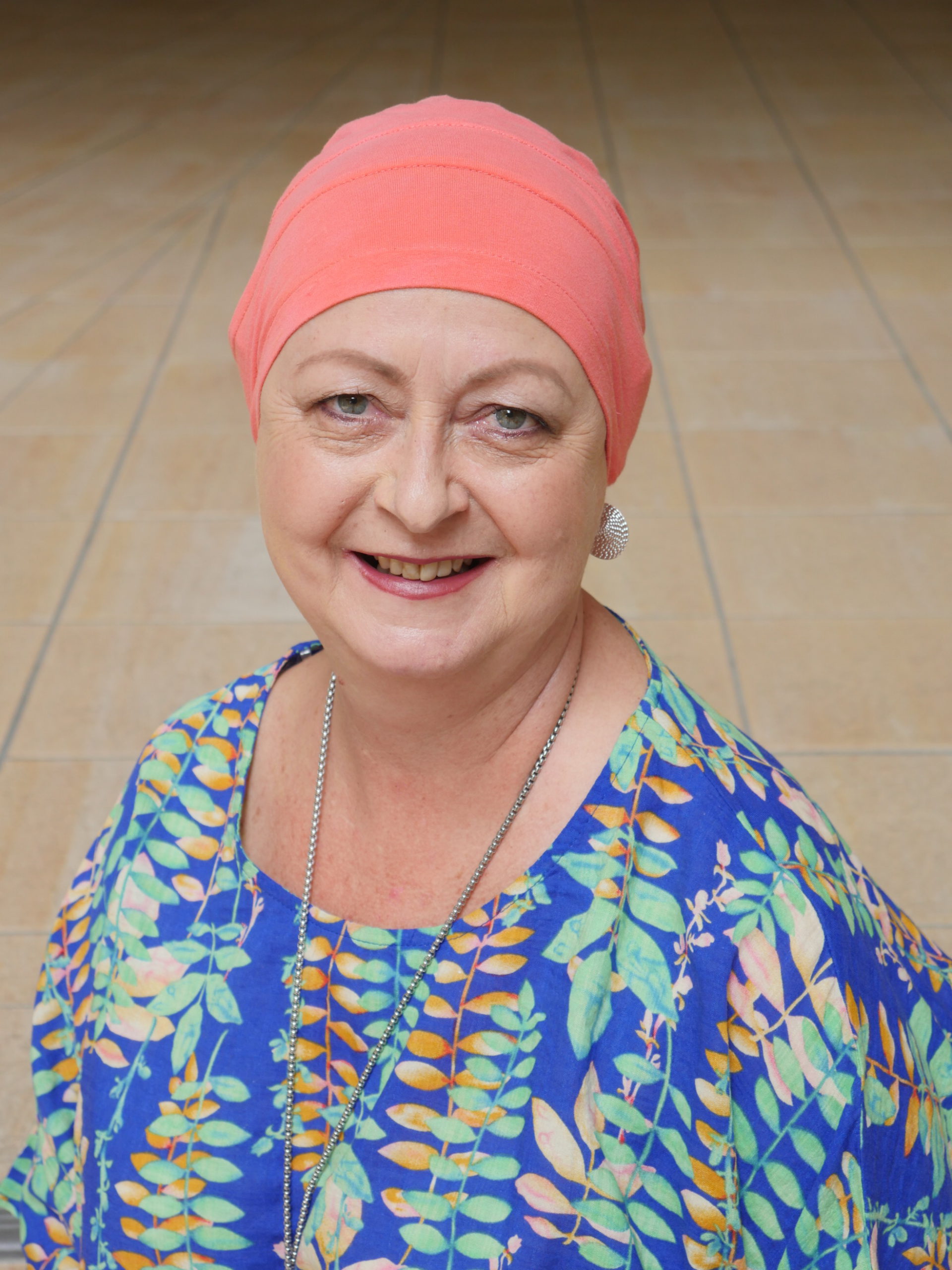
Nyree Smith. Photo supplied.
Nyree Chesney Smith, 60, former sports administrator for
Tennis Auckland, Auckland
Back in 2017 I was diagnosed with pancreatic cancer. Pancreatic cancer is a bad one. The majority pass away after nine months. I therefore class myself as one of the lucky ones. I had chemotherapy and several surgeries but finally the doctors declared me NED. No evidence of disease. It was amazing.
My husband and I flew to Canada, brought a 5th wheeler and a truck and toured the East Coast of America and Canada for seven months. We arrived back home in November 2019. The next day I went to have a scan and I was told that the cancer was back, this time in my lungs.
My daughter lives in Canada. She is married to a police officer there. When I first got cancer, she came home for three months to support me during my chemo. Her third child was born in January this year. Her second name is Nyree. I was so moved they named her after me.
“If she doesn’t manage to come here soon, I’m never going to meet my granddaughter.”
I spent nearly all of 2020 in chemo. Right now I am on a break because of the side effects. I will be starting again soon, but I want my daughter to be with me. She and her husband are both fully vaccinated and he has taken paternity leave, so they can stay for half a year. But MIQ is putting a stop to it.
My daughter keeps calling in tears because she says: “We can’t get a spot.”
If she doesn’t manage to come here soon, I’m never going to meet my granddaughter.
Steve Messenger, 60, chief executive, Chicago, United States of America
For the past five years I have been going back and forth between New Zealand and the United States. I am the CEO of a New Zealand tech company and we have around 60 employees in New Zealand and 80 in the US. In order to do my job well, I had to move to Chicago but I used to come back to New Zealand every eight weeks. I have to look after our Kiwi employees as well and I have a wife and kids. Since the borders closed, I managed to get back only twice. That was challenging. Now it’s got worse. It looks like I won’t be able to come back this year at all.
This means I cannot provide leadership for our Kiwi employees back home and I won’t be spending Christmas with my family.
This is not just about me. There are thousands of Kiwis in a similar situation. The team of five million has been quite happy to be brutally callous to the 1 million people who are New Zealand expats. What does this say about New Zealand as an inclusive and open place?
In other countries, there are vaccinations. There are rapid tests that give you the results in 15 minutes. And all you have in New Zealand is one position that was taken 16 months ago.
It seems that New Zealanders outside New Zealand don’t matter. We are told: “You could have gotten home and you chose not to. ”It seems that New Zealanders outside New Zealand don’t matter. We are told: “You could have gotten home and you chose not to.”
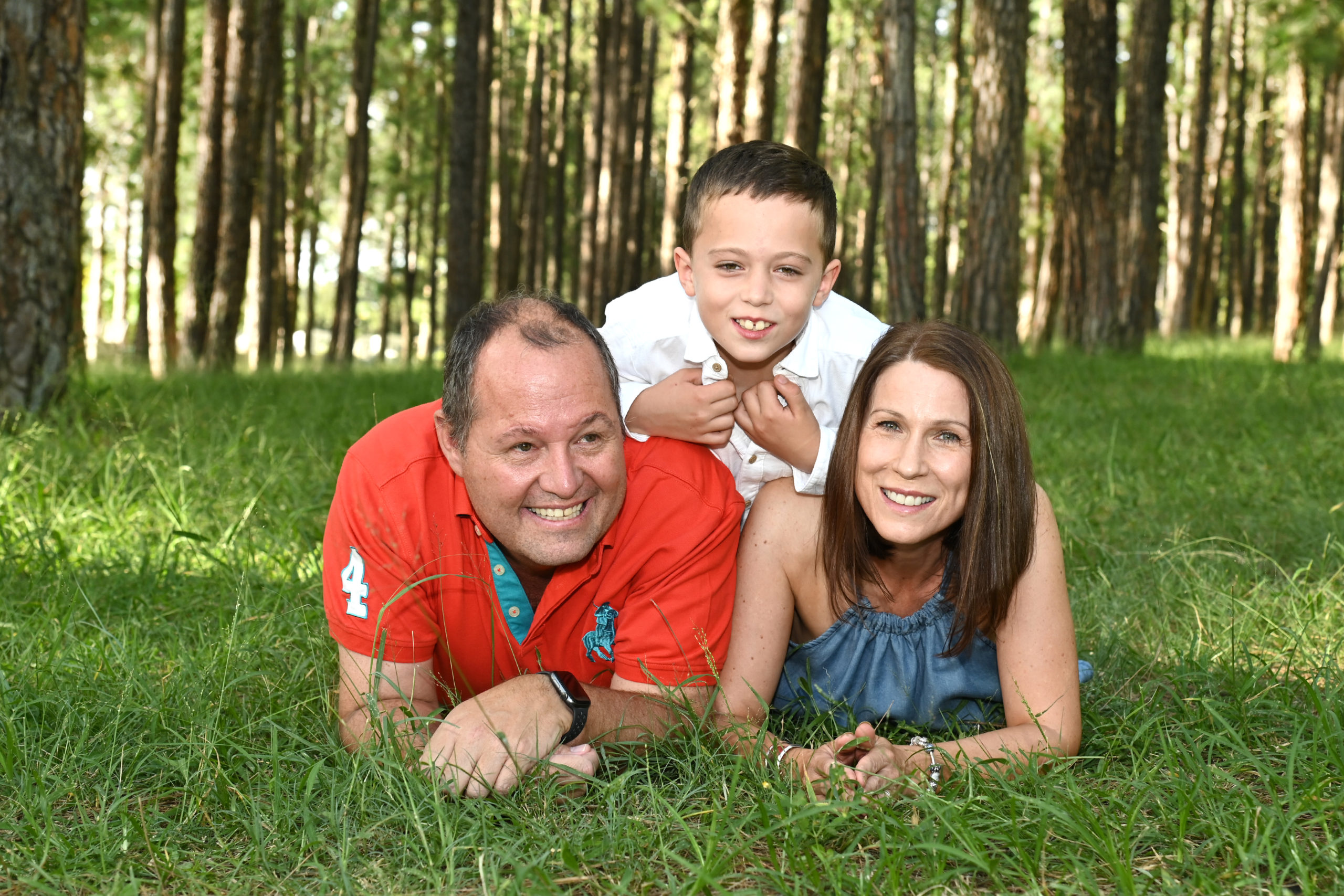
Marlene and her family. Photo supplied.
Marlene Patricia Stephenson, 50, commercial contracts manager, South Africa
I have many childhood photos of me and my dad where I am sitting on his shoulders, I am tiny, he is big and strong. My dad was born in Hungary and came to New Zealand in 1956 as a refugee from the Hungarian revolution. He met my mum and they got married and had five kids together. Back in Hungary my father used to work in a coal mine. In New Zealand he worked as a Wellington bus driver. Nowadays my parents live on the Kāpiti Coast. My dad is a great human being. A very hard worker. A loving father. Very focused on his family, always playing chess with the kids, a great gardener, so we always had fresh fruit and vegetables. He’s a quiet man. He likes a simple life. Now he has been diagnosed with a rare and terminal lung disease called silicosis. Mine workers sometimes get that. He is 87 and increasingly frail. When we speak on the phone his voice tells me that those times he carried a child on his shoulders are long gone.
“It’s crazy. You’re putting your life on hold to look at a screen.”
I live in South Africa where my husband is from, and we have a seven-year-old son. Following my father’s diagnosis, I tried to book a flight for our family to visit him. I thought that if I was organised, did the research and put in the required effort I would be successful in securing a date. But it’s not like that. There are simply no dates available because the very few that are released disappear in one to two seconds.
Luckily, I am quite digital savvy, so I’ve put in an extension in Google Chrome for Auto Refresh. You can also set up a timeframe for the refresh. But if you do it too often, they lock you out of the system. I’ve also seen people offering you free scripts. They’ll ping you real-time when a date comes up. I tried installing it. It didn’t work. I am using another one now. But even if you get pinged, you’re still left with this tiny timeframe and such a small number of dates coming through — and hundreds, if not thousands looking for those dates. You can go to third parties and they will secure a spot for you. There’s a certain price you pay. The problem is you are handing over your personal data to someone who could misuse it, or even just take the money and run. Now it’s just been announced that if you do pay a third party to secure a slot it will be cancelled.
What’s really frustrating is all our complaints seem to be falling onto deaf ears. We are just getting default replies and announcements that the system is working well. But it’s not. It’s crazy. You’re putting your life on hold to look at a screen.
David Chalmers, 54, managing director and electrical engineer, Auckland
I have always enjoyed making things and in 2001 I turned this into a business. I started a company for electrical and electronic products and services that are used in superyachts. My partner Linda does all the admin and there have been years we were very busy. We had so many boats and superyachts coming in that we had to employ other people. Covid changed that. Nowadays it is just the two of us and a lady in Dunedin doing the accounting.
With things being so quiet in New Zealand it is even more important for us to travel — to look after our existing customer base. Superyachts cruise around the world, one year they’re here, one year they’re somewhere else. I have supported most of the vessels I outfitted for many years. I did some of their original electrical design and maintenance or upgrades since. I need to go back onto them. Being such a small and specialised business we don’t have people overseas who can do this for us.
I have quite a few projects on hold, such as a whole automation system for a 175-foot sailing yacht that needs to be taken to France and installed. I was just asked to do a refit on a boat on which I did the design on in the 1990s. I told them that’s not viable, because they are currently in Savannah, Georgia, and recommended they use someone else. But they don’t want anyone else on the job so I tried to secure a MIQ spot for November, but the November places were gone within less than an hour.
Linda and I have talked about this quite a bit and we’ve come to the conclusion that I will go regardless. If I can’t return to New Zealand, Linda will come to the States and we will restart the business there or somewhere else. It’s a hard one. I love New Zealand. But I also like the work I do, I love working with the people. So if that’s not possible here, I’ll have to do it somewhere else.
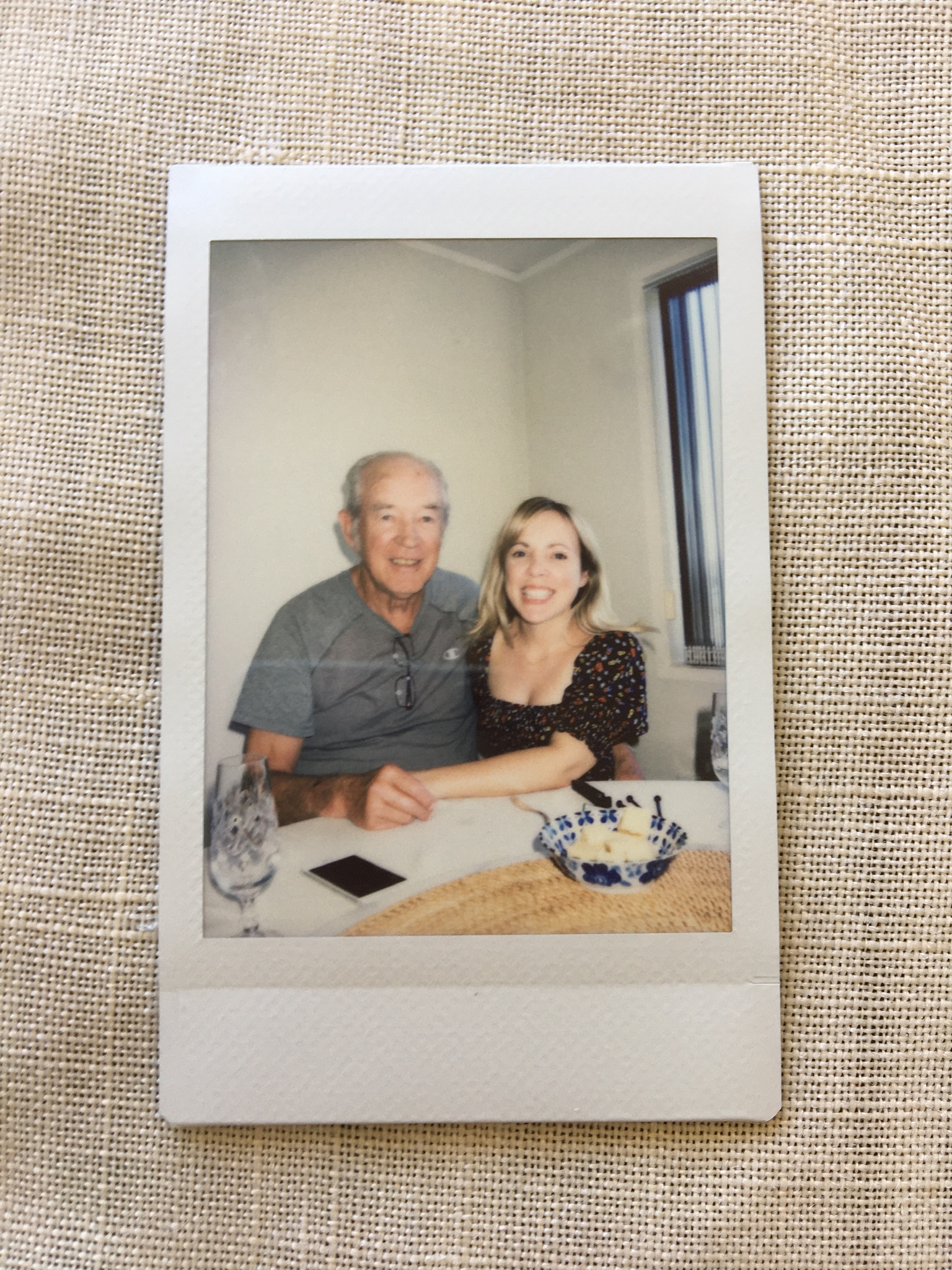
Kirsty and her father. Photo supplied.
Kirsty McFadden, 37, head of creative at the UN World Food Programme, London
This morning I’ve spent hours on calls discussing the conflict in Tigray, Ethiopia, and the climate emergency in Southern Madagascar. These two emergencies have pushed families to the edge of starvation. I work for the UN World Food Programme. My team are responsible for capturing stories and delivering content to help people understand what WFP is doing to help these communities.
Due to my work, I deal with humanitarian crises on an everyday basis. Right now I’m also facing a personal one. I grew up in Auckland. Fourteen years ago, I moved to London and worked in emergencies across the world. I love my job even though it is demanding. As Covid shut down the world, my work life exploded. We had to make sure there were enough funds to continue to feed 115 million hungry people. We ended up working 70 hours a week. So travelling home last year was out of the question workwise, but also because I thought it irresponsible. My family was safe, I was safe, I thought I’d wait until I was vaccinated. Now, I’m vaccinated and my situation has changed. I’m desperate to get home.
“It hit me then that he thinks it is my choice not to be with him and that breaks my heart.”
My dad is 75. He had lung cancer just over 10 years ago and his lungs have been weak ever since. In early May he was admitted to hospital with a collapsed lung. He had surgery and seemed to be on the mend but two weeks ago his lung collapsed again and he had another operation. We’re hoping he’ll pull through but his surgeon was frank — his lungs are in a very poor state. In late May, my mum was also diagnosed with cancer. Thankfully, she is recovering well. During this time everything has fallen on my brother. His first child was born in June and he’s had to take care of our parents on top of having a very busy job.
I started looking for MIQ places in early June and still haven’t secured one. Because my father is not considered palliative at this point I don’t qualify for an emergency place but we know if he goes downhill, it will be rapid. When I talk to him he is increasingly confused. On Friday he phoned me in a panic because he thought the borders were being closed and he wanted me to book an urgent flight home. I explained to him that I can’t book a flight without having a place in managed isolation. It hit me then that he thinks it is my choice not to be with him and that breaks my heart. The guilt I feel is immeasurable.
I am grateful for the thorough public health measures that Aotearoa has put in place. I think we should continue with MIQ but different measures need to be considered such as home quarantine for fully vaccinated people. I also think the emergency categories should be broader to help those facing crises.
The last one-and-a-half years have been challenging for us all but this year everything has come at once and I’m so tired. I need to go home to see my family and help my brother, to sort care for my dad. I’m trying to count my blessings as I know many others face challenging situations. But right now, far from home, with so little chance of getting a place, it is very, very hard.
By Verena Friederike Hasel
This story appeared in the September 2021 issue of North & South.
